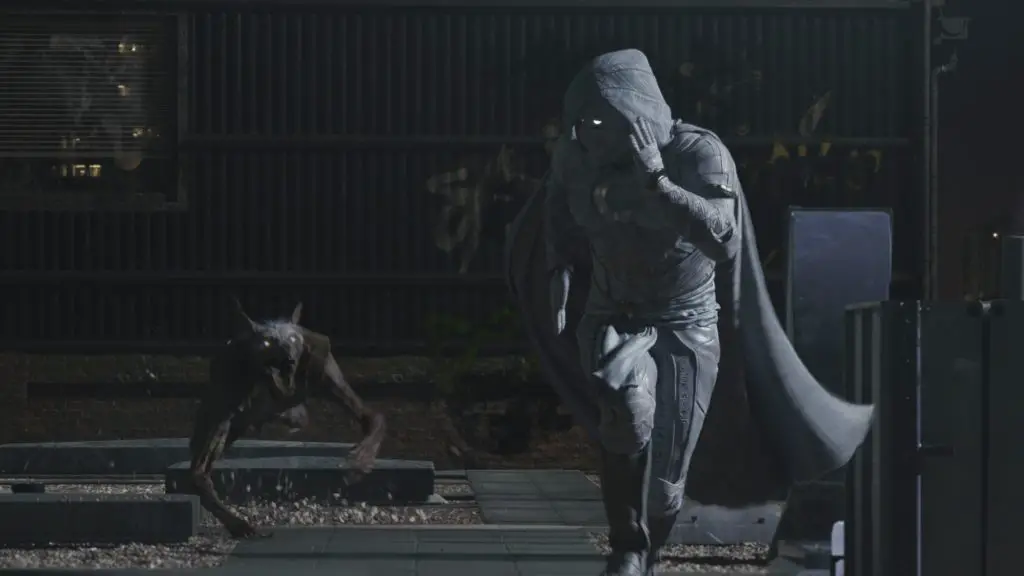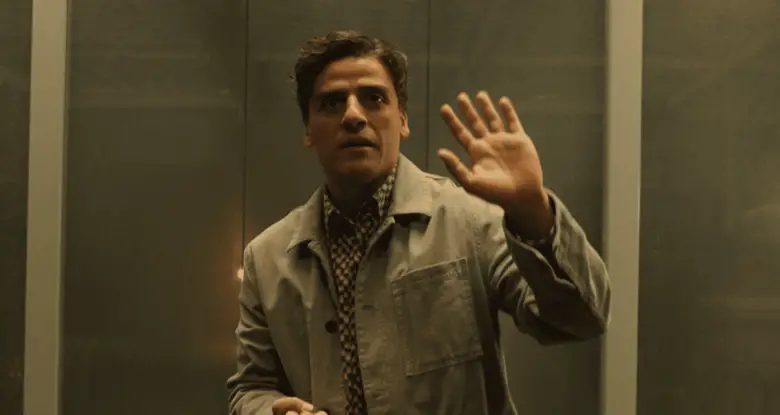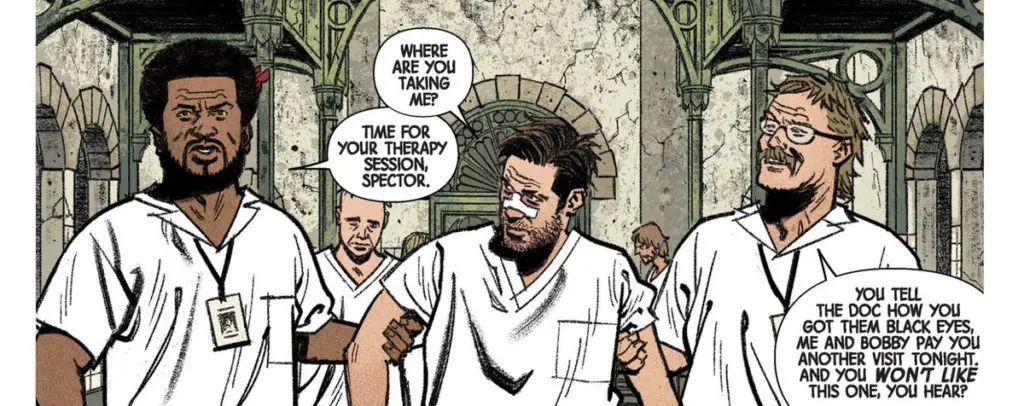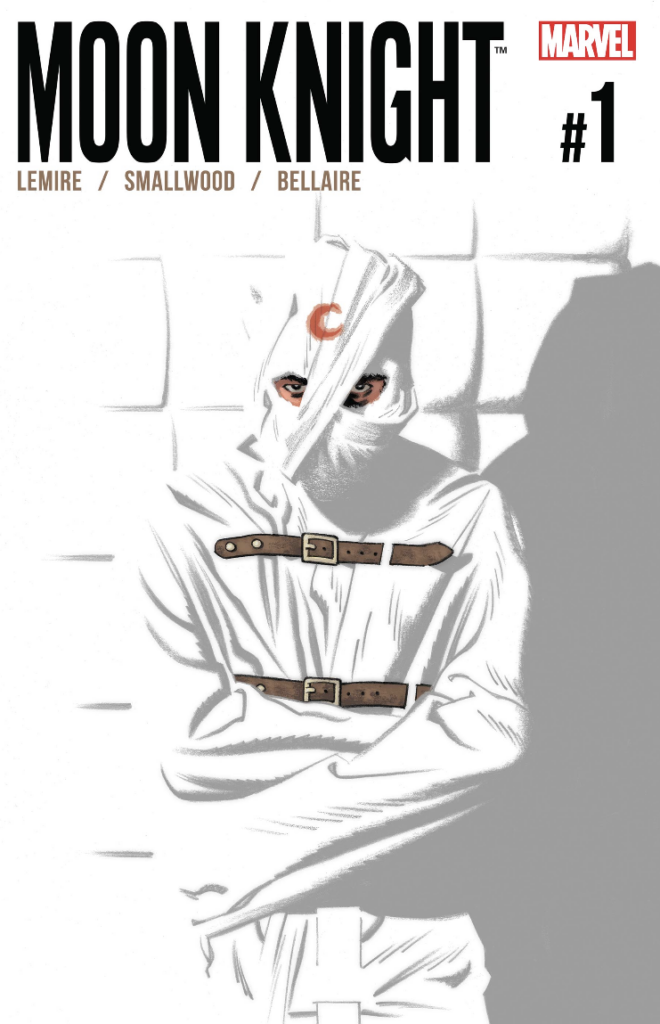‘Moon Knight’ Episode 4 is the Series Most Comic-Accurate Entry Yet
There was no shortage of weirdness that cascaded upon the final moment of the latest episode of Moon Knight; but with that came the series’ most comic-accurate entry yet.
It is not hyperbole to say that Moon Knight is, already, among Marvel’s greatest works yet.

Source: Marvel Studios
With two episodes left, the series has firmly established itself in a league of its own, being quite unlike anything that the MCU has produced in the past.
The Oscar Isaac- starring series has seemingly pushed the audiences to its very limited, exploring the horrors in the suffering of mental illness, the conflicts among Egyptian deities, and a globe-trotting adventure of archeologists and mercenaries.

Source: Marvel Studios
Even though the series has easily become one of Marvel’s best, it has been one of the least comic accurate; which, in the case of Moon Knight, works in its favor in a variety of ways.
Steven Grant from the Moon Knight series is nothing like Steven Grant in the Moon Knight comics; yet, the adapted version has become the foundational character of the entire series, with his endearing qualities making him a main character worthy of fan’s investment.

Source: Marvel Studios
There is a dynamic between the Mercenarial Marc Spector and the mild-mannered cockney Steven Grant that just doesn’t happen with the Marc Spector and billionaire Steven Grant in the comic books.
Yet, for a series that seems to benefit from taking liberties with the source material, it is the latest entry that brings to life one of the character’s most iconic comics, as Moon Knight episode 4 is the series’ most comic-accurate entry yet.

Source: Marvel
Following the same story beats as the iconic 2016 Jeff Lemire run on the character, Marc Spector begins the comic waking up in a mental institution; a building clad in white, with rough handling nurses and a therapist attempting to convince Marc that everything he believed about Moon Knight isn’t real.
Sound familiar?

Source: Marvel Studios
What Lemire did so well with the character- and with this plot specifically- is that it made the audience question alongside Marc Spector the validity of everything that he had experienced; a happening that was only magnified by his own dissociative identity disorder.
What is also very interesting is that Lemire’s comic includes Ammut, as she is actually hiding her true face in the form of a well-intentioned therapist attempting to help MARc through his present psychosis.

Photo: Marvel Comics
It was an incredible episode, and the fact that it was, in essence, an homage to this spectacular comic book run made it that much better.












